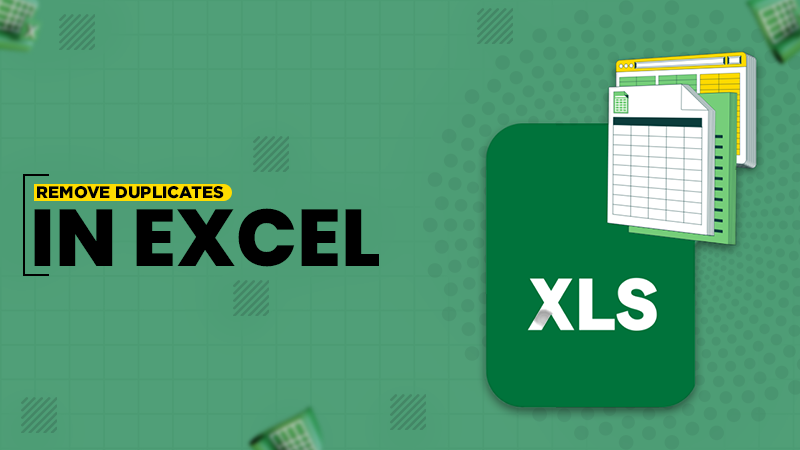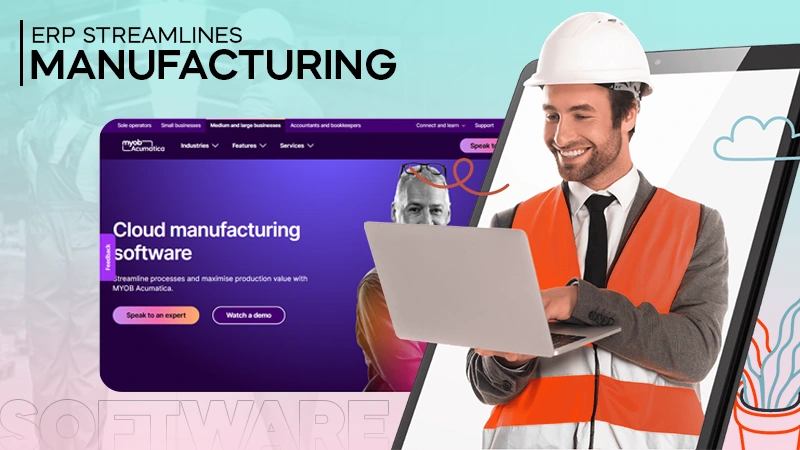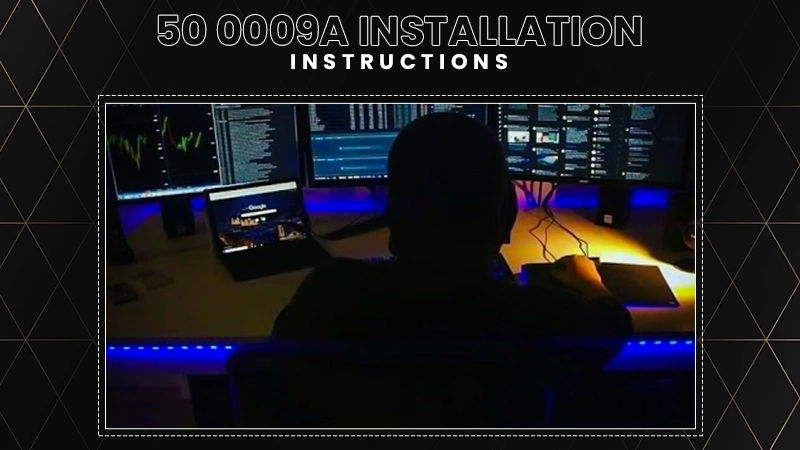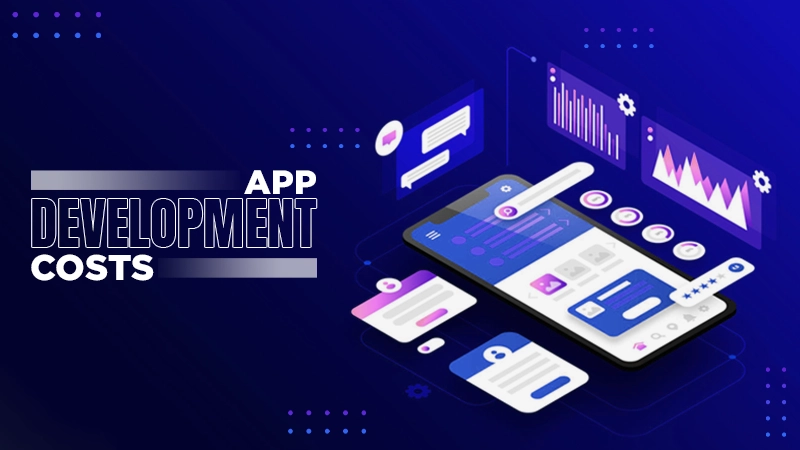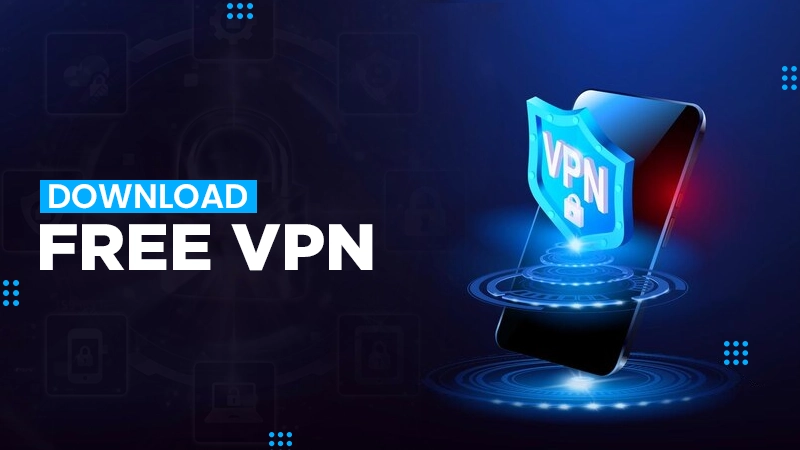What are IoT Applications and Why are Such Projects the Future of Mobile Startups?
IoT applications used to control devices associated with the IoT. It is a technology that allows devices to connect to the network and communicate with each other without the need for direct human interaction.
IoT applications are used in a variety of industries such as the smart home, medicine, manufacturing, automotive, etc. The SN74AHCT1G00-Q1 integrated circuits enhance energy efficiency and connectivity in IoT applications, making smart devices work better together.The idea of building IoT applications is gaining popularity among startups.
The goal is to improve people’s lives and increase the efficiency of various devices. They allow users to track and control devices from anywhere in the world, as well as collect and analyze data that can be used to improve performance and decision-making.
Why IoT Applications are Still Relevant in 2023
The number of devices connected to the network is constantly growing. This includes smart homes, cities, cars, etc. Every year, new devices enter the market that requires integration with other devices as well as with cloud services. Also, developing such projects remains relevant in 2023 for other reasons:
- Great economic growth potential for many industries, including manufacturing, healthcare, transportation, and many others. According to a McKinsey study, IoT applications could bring in as much as $11.1 trillion to the world’s economy by 2025.
- IoT applications can help improve efficiency, security, and quality of life.
- As technology advances, new opportunities emerge. For example, using artificial intelligence, blockchain, distributed registries and other technologies can help improve security, speed, and reliability.
Thus, developing such a project remains relevant in 2023, and its importance will only grow soon.
Top 5 IoT Applications
There are many different projects that are used in a variety of industries. Below are the top 5 working products that are the most in-demand and widely used today:
- Smart Home: allows you to control and track a variety of devices – thermostats, locks, security systems, lighting, etc. Examples include Google Nest, Amazon Echo, Philips Hue, August Smart Lock, etc.
- To track health and physical activity and to manage medical devices. Examples include Fitbit, Apple Watch, MyFitnessPal, iHealth, etc.
- Used in the automotive industry to improve the safety and comfort of drivers and passengers. Examples include automatic parking systems, roadside warning systems, automatic braking systems, etc.
- Systems for manufacturing are used to control production processes, check equipment, and optimize productivity. Examples are Siemens Mindsphere, GE Predix, Microsoft Azure IoT, etc.
- Smart City: Infrastructure management, environmental monitoring, transportation management, etc. Examples are Smart Cities Platform, CitySense, etc.
These are just some examples of relevant cases, and the list could be very long.
In What Niches is Developing Such a Startup Relevant and Even Necessary?
The demand for such projects remains high in many different niches. Let’s look at some examples of niches where your potential startup will be critical:
- Smart Home: controlling and checking home devices.
- Medicine: patient health and physical activity; managing medical devices, and enabling communication between medical devices and electronic medical record systems.
- Manufacturing: production processes, watching equipment, and optimizing productivity.
- Transportation: vehicles, optimizing routes, improving safety, and reducing costs.
- Energy: energy networks, checking energy consumption, and optimizing energy processes.
- Agriculture: agricultural machinery, controlling soil moisture, and optimizing using fertilizers and pesticides.
These are just some examples of niches. In general, you can come up with an idea that will be useful in any industry that uses data collection and processing devices.
The Process of Creating IoT Applications
First, you need to determine what devices will be used, what data they will collect, what features are needed, and what security standards are needed. The further process involves the following steps:
- Designing the architecture and defining the functionality. This includes selecting a development platform, defining a database structure, and developing an API.
- Developing the code, as well as testing, and debugging it.
- Once development is complete, integration with devices and with other systems takes place.
- Testing, which includes checking security, reliability, performance, and other parameters.
- Developers then provide support and maintenance, including fixing bugs and adding new features.
It’s important to note that developing IoT applications can be a very complex process that may require different specialists to work together, such as developers, security and network specialists, etc.
How can I Make Money from a Startup Like This?
The most profitable business is selling devices. If your startup makes actual devices, you can increase sales of your devices by selling your own app. Sell them directly to consumers or businesses, and partner with wholesale customers. There are several other ways you can make money:
- Subscriptions: users can pay for access to advanced features, such as monitoring and managing multiple devices simultaneously, and other features.
- Providing support services to your customers can also be a source of income.
- If your startup collects and analyzes data, you can sell that data to third parties. This data can be useful for marketing and research purposes.
- You can partner with other companies. You can provide your services or products to them, and they can sell your products or services to their customers.
It is important to remember that making money from such a startup can be difficult, and you need to have the right strategy and a professional approach to succeed. You also need to keep an eye on technology developments and changes in the marketplace.
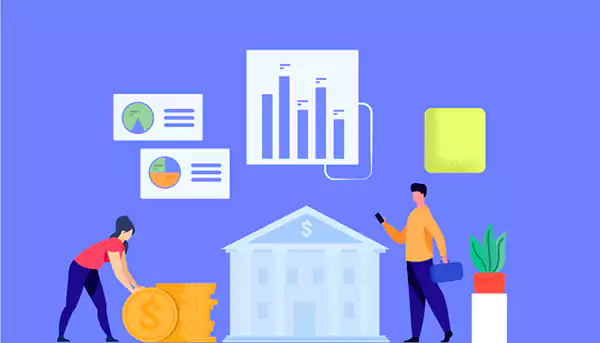
Future Prospects for the Field
This is one of the fastest-growing technology industries of today, and the outlook for its development seems very promising.
Smart homes are becoming more and more popular, and this trend will continue in the future. New devices will be developed that will further automate household processes, reduce energy consumption, and increase the convenience of life.
There are applications in the industry to automate processes, optimize production chains, and collect data about production processes. The systems can be used to track health and introduce new treatments. Devices will be developed that will watch the availability of drugs in home medicine cabinets and automatically order the necessary medications.
New designs will be used to optimize transportation infrastructure, improve road safety and reduce pollution. IoT can be used to manage urban infrastructure. Technology can be used to track the condition of crops, control weather conditions, and control automatic irrigation systems.
Optimizing energy consumption, collecting data on consumption, and managing energy supply systems is also an important direction. Also, new technologies will be developed that will allow devices to work faster and more efficiently, as well as more safety for users. Overall, we can say that IoT will continue to evolve and play an important role in people’s daily lives.
